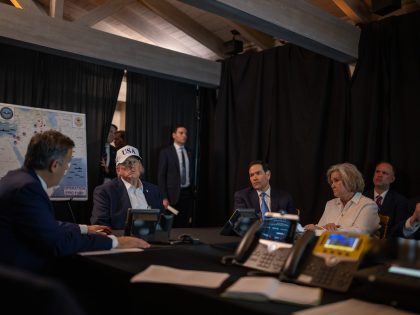The image of the modern Arab man
The photographer Scarlett Coten wants to look beyond accepted stereotypes of Arab men, exposing a more diverse, and perhaps softer image.

All images by Scarlett Coten.
French photographer Scarlett Coten’s latest project is an exploration into reimagining the image of the Arab man. Coten’s work in the region has evolved over the course of her career, as she has documented a variety of her own experiences, from encounters with Bedouins in Egypt, to playful beach scenes colliding with the vibrations of social unrest in Essaouira, Morocco. This latest, and ongoing, endeavor entitled Mectoub took shape as the spirit of revolution and social change spilled over and began to engulf the region. Coten explained that in the climate of popular protest, she perceived her subjects to be more amenable than ever to exposing their individuality to her lens. As she described the encounters that led to this most recent body of work, they seemed to be characterized by what was for her an unprecedented openness around sexual orientation, and general candor about personal convictions and individuality.
When asked about the inspiration for the project, Coten expressed her desire to depict a reversal of roles, explaining that most often one finds men photographing women. In her words, she seeks to explore this role reversal in the context of Arab society, where men tend to dominate the public sphere.
“In these countries (specifically Morocco and Egypt), you find yourself surrounded by men in public space. But no one really talks about them, people [in the Occident] tend to be concerned with the conditions of women.” Coten explains that, in her experience, while the men tend to have more social mobility, the ability for them to express themselves is limited, they exist within the same social context that limits the movement of women. The implication here is that mobility is only granted to a certain “type” of man. Coten’s work seeks to look beyond this accepted stereotype, exposing a more diverse, and perhaps softer image of the Arab man. “We [tend to] see men in the context of war, or conflict, or revolution. Men in intimate situations we don’t see.”
She admits the frequent focus on females is “for good reason”, but explains her choice of subject in a quiet and nuanced manner. Coten is not from the region that she has chosen to document, and for her, that means limiting her commentary. She perceives her work as the documentation of her own experiences, wishing to avoid cultural interpretation and political engagement, which she says is not for her to do.
Of course this is all but impossible, particularly when one is attempting to present an alternative narrative of a society. Coten described the bouts of censorship and criticism she has faced throughout her career, but lamented that with “Mectoub,” she has faced the greatest opposition. She says that because of the sensuality and openness of the images, she has repeatedly been questioned on how she achieved such intimacy with her subjects.
“I’ve been asked many times if I slept with them.” This was just one of the many crass inquiries that have been tossed her way in response to her latest body of work. Coten chalks it up to a reversal of traditional roles, and a discomfort with seeing a population in a different light. “These questions would never be asked of a male photographer taking pictures of females.”
Perhaps these experiences are part of why Coten is tempered in describing her work. “I can’t talk about my work,” she said, “People either assume I am sleeping with the men in my photos, or they say I have created an exhibition on homosexuality in the Arab world. It is none of these things, I have found that the work just has to speak for itself.”
In these tumultuous times, Coten has deliberately chosen to focus on the younger generation. “I didn’t want to photograph the older generation because I didn’t want to fall into the classic clichés of how the societies are portrayed. I photograph the new generation because [they are the ones] who are determining the future of their countries.”
Mectoub is still a work in progress. So far, Coten has documented men in Morocco and Egypt. However she wishes to continue photographing in other countries in the region. Her hope is that the diversity of her work – the inclusion of men from different corners of the Middle East and North Africa – will give a level of complexity and profundity that would not exist if she were only to capture the men of one country.
Since 2009, Coten’s work has been displayed Galerie 127 in Marrakech, and the EAST WING gallery in Dubai. Her photographs have been well received in the Arab World, but she has encountered more challenges introducing her photography in the West.
Ultimately, Coten concludes, “My work must be effective because every time I try to do something I am censored. My work is not provocative for the sake of being provocative. I have a lot of love for the people I work with, a lot of respect, these are real exchanges and there is real affection. I don’t do this work to show something that is unsavoury; I don’t carry judgement. I take pictures of individuals who are open, who are having a good time with friends, these are individuals I respect and that I profoundly like, … but it is work that provokes censorship.”


















